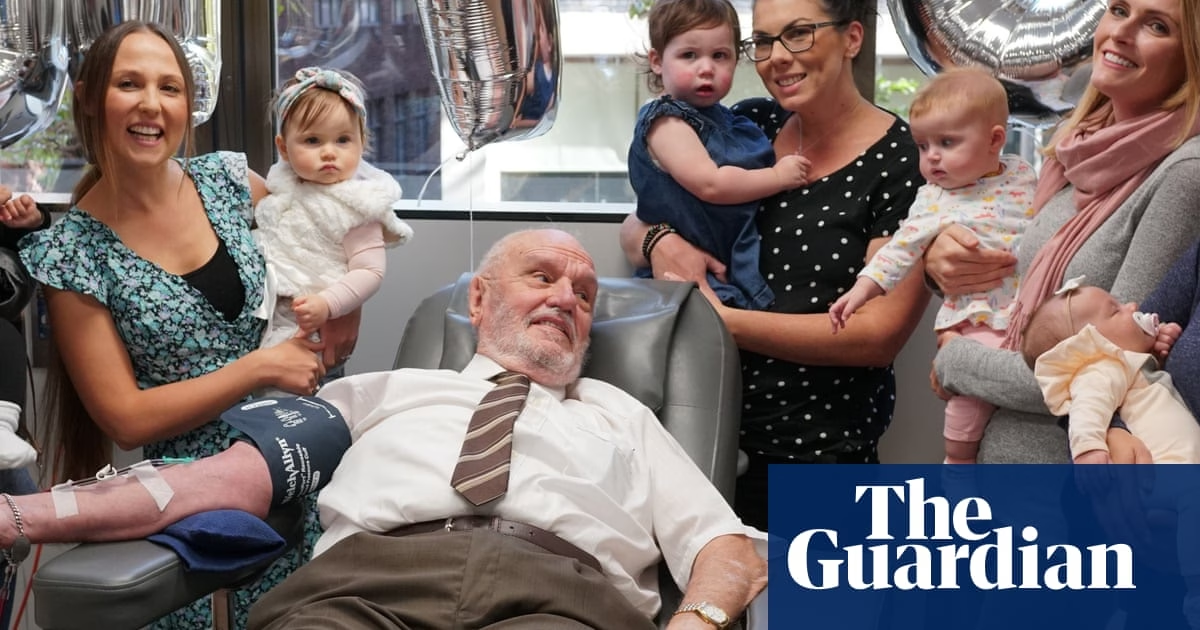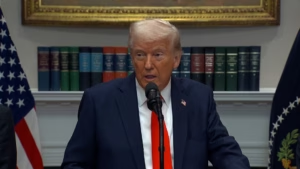Harrison’s blood held a “rare and precious” antibody crucial for making anti-D injections. These injections are a critical treatment for RhD-negative mothers whose blood can threaten their unborn babies, potentially leading to fatal conditions such as haemolytic disease of the foetus and newborn (HDFN).
Harrison’s legacy began when he started donating blood in 1954, motivated by his own experiences as a recipient of blood transfusions during lung surgery as a 14-year-old. Since the introduction of anti-D treatment in the 1960s, HDFN has become a largely resolved medical issue.
Despite advances, finding blood donors holding the anti-D antibody, like Harrison, remains a challenge, with only about 190 such donors across Australia each year providing vital assistance to around 45,000 mothers and newborns. His contributions continue to aid research into creating lab-grown anti-D antibodies, a project affectionately called “James in a jar.”
Harrison’s legacy will be remembered as one of profound selflessness and immense benefit to countless families, underscoring the irreplaceable role of blood donors in medicine.








